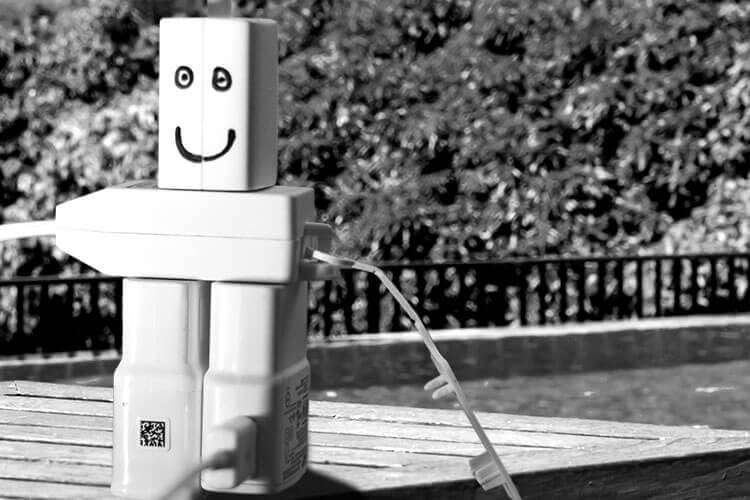I am not one of those business owners that brags about the grind and the hustle and ‘being on’ 24/7. In fact, I have tried to make a conscious effort to actively do the opposite. Yet when I plan to take time off and tell a team member that I will not be available, they smirk and say ‘yeah right’. To their credit, they are spot on. As a business owner and leader, it is up to me to set the rules and play by them, and I often fall short.
Over the past few years, I have taken several multi-week overseas holidays, as I said, I am not a workaholic in the traditional sense. I enjoy my time off and have a myriad of external interests to keep me busy. The thing is though, I am ALWAYS on.
I could be on a boat sailing along the Amalfi coast sipping a spritz but I will also be furiously reading Slack messages. At a BBQ competition by the beach in Port Stephens, I am reading emails (and dragging my mates into my current work issues as well.) The problem here is that I am not actually ‘away’. While I can see a lot of you out there rolling your eyes at the poor sod who’s on a boat in the Mediterranean having to read a few messages, it misses the point. Time away from work should be just that… TIME AWAY.
I don’t think I am unique in my plight.
All of us over the past decade have become addicted to the dopamine rush of our phones bleeping at us. Being a small business owner has ingrained in me the constant state of vigilance on my phone. Just now (9pm on a Wednesday) I have just replied to a contractor via email after seeing an email I was CC’d in by a client – much to the dismay of the projects account manager. I am addicted. Literally.
All of the research and studies point to this kind of sustained and ongoing behaviour as extremely negative. Even though I feel as if I am being a responsible business owner, I fear I am just another dopamine addict looking for the next rush and the comedown is burnout. Sabine Sonnentag, professor of organizational psychology at the University of Mannheim in Germany finds that the inability to detach from work comes with symptoms of burnout, which of course impact well-being and productivity. However, disengaging from work when you are not at work, she finds, makes us more resilient in the face of stress and more productive and engaged at work.
That is not brain surgery.
It makes sense. I get it. Turn off, disconnect, recuperate. I am lucky, I have a capable, proactive team around me to support the business. Is ‘getting away’ not one of the reasons I got into the business and put together a brilliant team?
I am pretty sure it was. So why not live it? Next week I am off for 10 days to Bali. I have a brand new surfboard and a villa by a long lefthander. Will I be checking email daily? Reading Slack messages? Watching Asana like a hawk?
NO!
But to be honest I will find it really hard…
Hopefully, this public statement will help me in my cause, plus of course the fact that I know the crew is more than capable. Maybe I will discover I am not required at all and can relocate!
I’ll let you know how I go.



